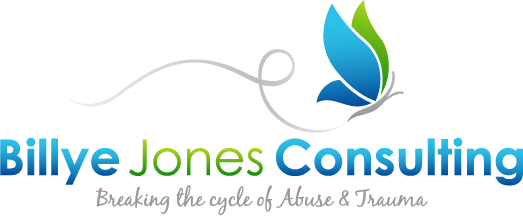Do you know an adult who was sexually abused as a child? In many ways this is a rhetorical question, because we all know someone who was sexually abused as a child, we just may not know it. What would you do if they disclosed the abuse to you? How would you respond? What would they want from you?
Before you overthink these questions, I want to offer a few suggestions. First, no one expects you to provide therapy or to answer why it happened. Perhaps they only want you to bear witness and listen to their story or maybe they want you to really understand who they are and what their personal journey has been. Many survivors have different reasons for why they want to tell their story. What I can say for certain is that a survivor does not need you to say the following things:
- Why didn’t you tell
- How come you didn’t stop it
- Are you sure?
- Maybe you don’t remember you were so young
- I can’t believe —————— would do that to you
- I feel so sorry for you
These are a few of the insensitive comments that are damaging and hurtful. Survivors also don’t need your pity, or your judgment; they simply want you to be the same person you were to them before they told you. They want you to understand they are not defined by their abuse; it is simply part of who they are.
I can’t tell you how many times I have worked with survivors who disclosed to someone and has felt rejected, humiliated or blamed for their abuse. The impact can be detrimental in a survivors healing process. I readily acknowledge it is difficult to know what to say or do if someone disclosures abuse to you. Here are a few options:
- Thank you for sharing this with me, I appreciate your trust
- I am here for you
- It’s not your fault
- I believe you
- Is there anything I can do?
It is not necessary for you to know the specific details of the abuse. If you are not told, please do not ask. As much as we don’t like to talk about Child Sexual Abuse, I am always shocked when survivors are asked about the specific details of their abuse once they disclose. I wonder if this is our way to “prove” the abuse actually occurred.
Being in the moment with someone when they share their story with you provides healing and support. When you think about how long people can hold on to their stories consider it a privilege they shared with you. All you have to do is be the same person they chose to tell their story to.


20-40% of every Women Moving Forward Workshop® we do whether in the US, Asia, South America or Europe are survivors of sexual abuse. I don’t think we really know the true number.
of women abused in the world!
Thank you for your comment and for reading the blog. I agree we might never know the true numbers of abuse globally! I believe we have to first create and environment where people can tell their story and be believed.
In this remarkable book, Beverly Engel shares her powerful Mirror Therapy program for helping adult survivors to overcome their shame and self-criticism, become more compassionate and accepting of themselves, and create a more positive self-image.